To provide the best experiences, we use technologies like cookies to store and/or access device information. Consenting to these technologies will allow us to process data such as browsing behaviour or unique IDs on this site. Not consenting or withdrawing consent, may adversely affect certain features and functions.
The technical storage or access is strictly necessary for the legitimate purpose of enabling the use of a specific service explicitly requested by the subscriber or user, or for the sole purpose of carrying out the transmission of a communication over an electronic communications network.
The technical storage or access is necessary for the legitimate purpose of storing preferences that are not requested by the subscriber or user.
The technical storage or access that is used exclusively for statistical purposes.
The technical storage or access that is used exclusively for anonymous statistical purposes. Without a subpoena, voluntary compliance on the part of your Internet Service Provider, or additional records from a third party, information stored or retrieved for this purpose alone cannot usually be used to identify you.
The technical storage or access is required to create user profiles to send advertising, or to track the user on a website or across several websites for similar marketing purposes.
 Employees who are able to split their working time between home and a formal workplace are 40 percent less likely to experience mental health difficulties, new research has shown. Wellbeing charity stem4 surveyed 1038 working parents and carers across the UK to mark Parent Mental Health Day (27th January). It suggests that four in ten overall (39 percent) were experiencing problems – most commonly stress (62 percent), depression (54 percent) and anxiety (50 percent). (more…)
Employees who are able to split their working time between home and a formal workplace are 40 percent less likely to experience mental health difficulties, new research has shown. Wellbeing charity stem4 surveyed 1038 working parents and carers across the UK to mark Parent Mental Health Day (27th January). It suggests that four in ten overall (39 percent) were experiencing problems – most commonly stress (62 percent), depression (54 percent) and anxiety (50 percent). (more…)









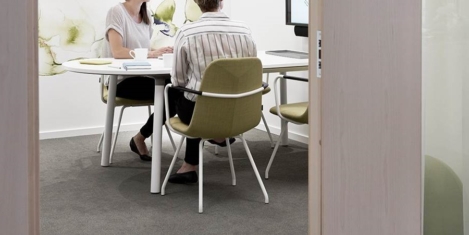
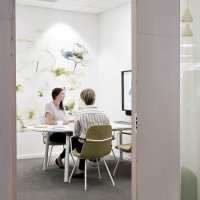





 Over 40 percent of employers are finding it more difficult to retain and recruit staff, according to
Over 40 percent of employers are finding it more difficult to retain and recruit staff, according to 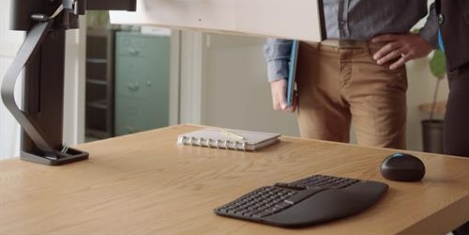
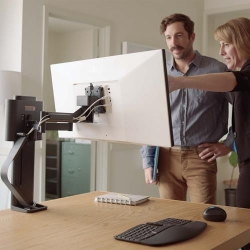 Remote working swiftly evolved from a stopgap lockdown solution into a globally successful workstyle – and it’s set to stay. According to research quoted by
Remote working swiftly evolved from a stopgap lockdown solution into a globally successful workstyle – and it’s set to stay. According to research quoted by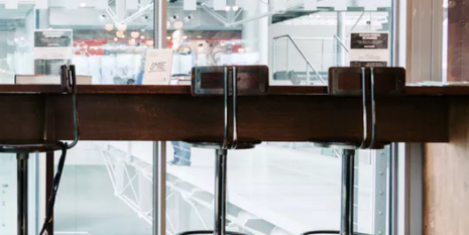
 A couple of years ago, in the wake of a surge in self-care start-ups and viral diet fads, Forbes declared 2019 as the year of the
A couple of years ago, in the wake of a surge in self-care start-ups and viral diet fads, Forbes declared 2019 as the year of the 


 Microsoft’s new
Microsoft’s new 








January 25, 2022
Hybrid working? Let’s put on a show
by Mark Eltringham • Comment, Flexible working